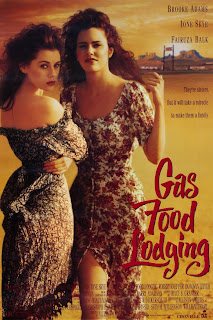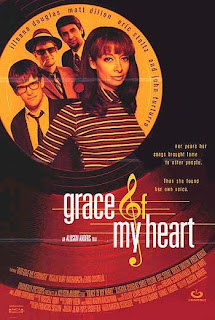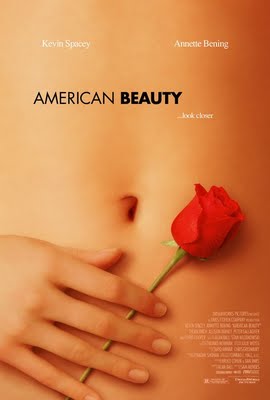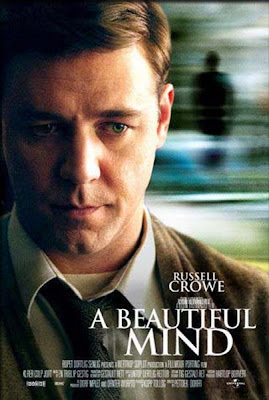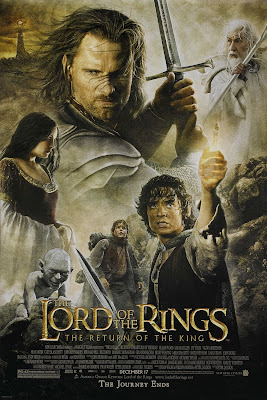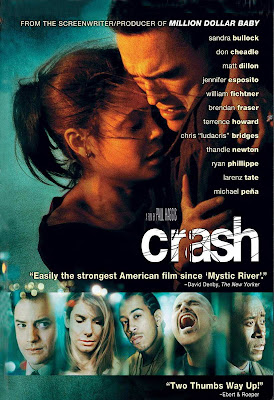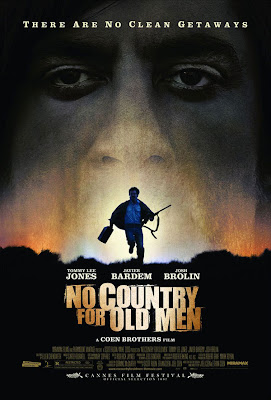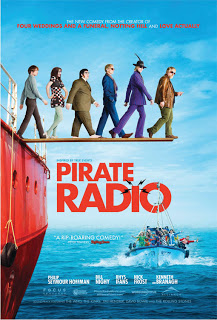Away we go! This is the first of ten reviews of Best Picture Oscar nominees leading up to the awards ceremony Sunday, March 7th.
Admittedly, Avatar isn’t my thing, I’m not big on James Cameron or any alien films (not only his), I’ve never been interested in Star Wars or Star Trek (though I have seen enough of both franchises to hold a conversation), so I wasn’t planning on watching Avatar at any point in my life. However, this afternoon, I changed my mind when a free screening became available to me. With my original plans canceled and a spare two and a half hours available, I tucked into James Cameron’s latest film.
Well, Avatar wasn’t what I thought it would be, but it wasn’t any better. I spent most of the first half of the movie developing alternate titles ending with “in space.” “Pocahontas in Space,” “Dances with Wolves in Space,” and “Titanic in Space” all sprang to mind. For the most part, it seems Cameron has taken plots from various other films, thrown them together, dyed it blue, and placed it on the fictitious planet, Pandora, to create a science-fiction retelling of the Pocahontas mythos.
In this version, instead of John Smith, it is Jake Sully (Sam Worthington), the wheel chair bound ex-marine who takes over his dead twin’s avatar mission, and falls in love with the Na’vi people, specifically, the clan leader’s daughter, Neytiri (Zoe Saldana). He begins as an undercover spy, trying to learn about the Pandora natives’ culture to help the visiting Earthlings’ military and big businesses. However, as all stories like this go, he falls in love and is torn between the two worlds and races. The plot is laid out in the previews, and if you need help, Cameron lays the foreshadowing on thick throughout the film, but then the plot isn’t why most people are seeing this film, is it?
Special effects wise, the film is pretty fascinating. What more can one say? Seeing this on the big screen and in 3D probably would have held my attention more, but, alas, my free screening wasn’t at such a high standard. Would I sit through it again if I could get a free ticket to the 3D IMAX experience? No, but if you’re debating seeing it, definitely splurge and get your full money’s worth.
As much as I would like to sit through a movie like this and enjoy it for what it is (ground-breaking sci-fi entertainment that will go down in history), I simply can’t. James Cameron’s attempt to create a more spiritual, natural, and peaceful society leaves me annoyed that once again this idea is filtered through a white, Western, male member of a patriarchal society. Some theorists will consider Cameron’s Alien trilogy feminist, because of Sigourney Weaver’s empowered Ripley (legend says it was written to be asexual–with casting deciding the character’s sex), but she still has to prove her femininity and womanliness by saving cats and small children. I fear that many feminists will laud Avatar as well–for creating a world where the people worship a female entity (“Eywa”), because the Clan leader’s female mate/wife is as powerful as him, and since the female lead is as empowered as Ripley. However, like Ripley, Neytiri too has her feminine trappings, as her power can be explained away through her heritage.
![]() When Neytiri first meets Sully, she commands the other warriors to stand down and allow her to take him to their leader–who happens to be her father. The warriors listen and obey her, but is it because she is a powerful woman, or because her father and mother are leaders among the Na’vi? Does she earn her power or inherit it? Similarly, in the legend of Pocahontas,* would John Smith have been saved if it was by any other girl in the village, or because it was the Chief’s daughter who saved him? Furthermore, to add to Neytiri’s street cred, her great-grandfather was Toruk Makto, a legendary Na’vi leader, basically giving her a birth right to power and respect among her people. For those who don’t believe it, I ask, would Sully have survived his first night among the Na’vi if the one speaking for him was any other woman and not the daughter of the clan leader and shaman (or would that be sha-lady in this case)?
When Neytiri first meets Sully, she commands the other warriors to stand down and allow her to take him to their leader–who happens to be her father. The warriors listen and obey her, but is it because she is a powerful woman, or because her father and mother are leaders among the Na’vi? Does she earn her power or inherit it? Similarly, in the legend of Pocahontas,* would John Smith have been saved if it was by any other girl in the village, or because it was the Chief’s daughter who saved him? Furthermore, to add to Neytiri’s street cred, her great-grandfather was Toruk Makto, a legendary Na’vi leader, basically giving her a birth right to power and respect among her people. For those who don’t believe it, I ask, would Sully have survived his first night among the Na’vi if the one speaking for him was any other woman and not the daughter of the clan leader and shaman (or would that be sha-lady in this case)?
I’ll leave you with that to ponder, while I try to work out the symbolism of taming a wild animal by penetrating it with your mystical hair, and end this review on a generally positive note. The first two-thirds are fairly entertaining, but the large battle scenes were just that–large battle scenes. Perhaps at an IMAX or in 3D I wouldn’t have lost focus, but I simply wasn’t interested and played on my phone instead. A lot of people will see this and love it, but if science fiction, action, and special effect-laden films aren’t your cup of tea, you probably won’t leave the theater an Avatar fan.
Director and Writer: James Cameron
Starring: Sam Worthington, Zoe Saldana, Sigourney Weaver
Rated: PG-13
162 minutes
Avatar is nominated for nine Academy Awards, including Best Picture, Visual Effects, Sound Editing, Sound, Original Score, Editing, Director, Cinematography, and Art Direction. It also won the Golden Globes award for Best Picture-Drama and Best Director.
*I refer to the story of Pocahontas as legend and myth, because it is questionable how much of John Smith’s accounts are exaggerated, not to mention that he was also rescued by a Turkish princess when captured in what is now Hungary. The stories are similar, so the question is: Did John Smith make a habit of being rescued by pre-teen girls or did he blend the two together for his own benefit?
Elizabeth Tiller is a PhD student researching femme fatales in European cinema. Last year, she founded Stilwell Film, a non-profit that provides free outdoor film screenings to southern Johnson County, Kansas during July. In her spare time, she plays rugby, frequents karaoke nights, and watches high quality films like The Blue Lagoon.
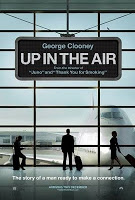




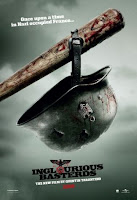
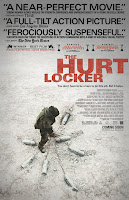



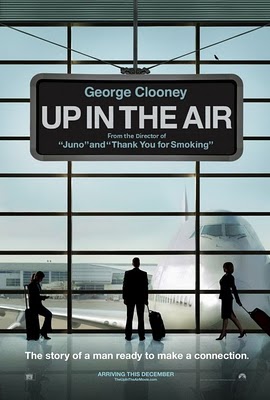


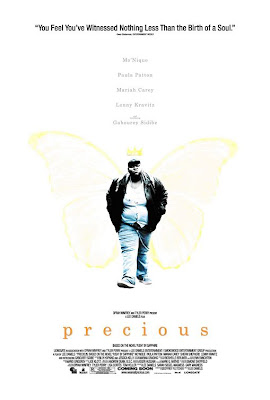


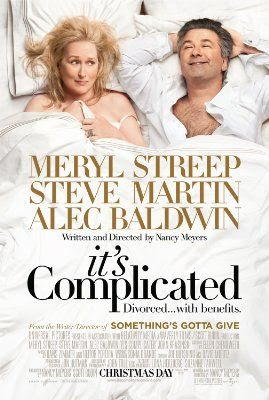
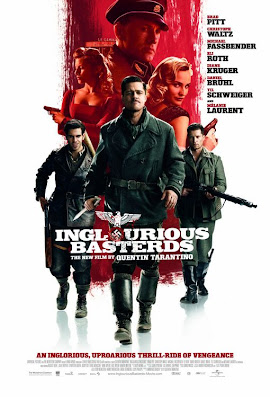
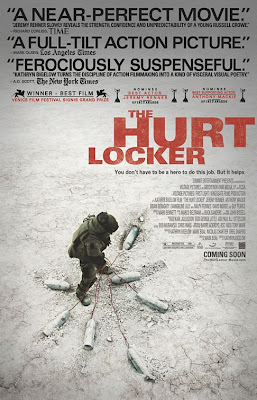
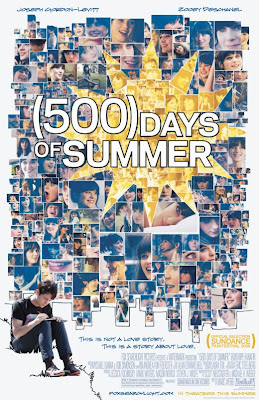
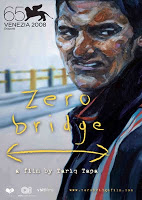

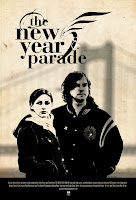


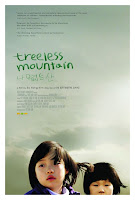



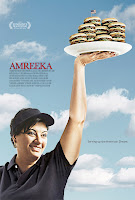

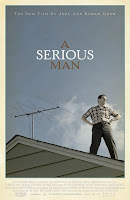







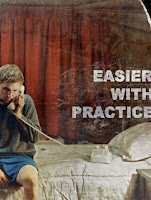




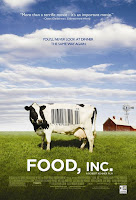
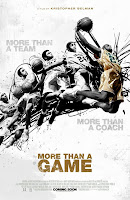





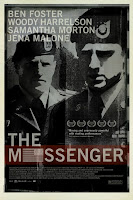
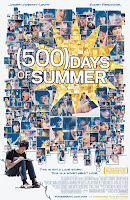



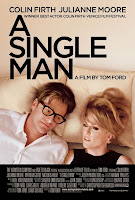





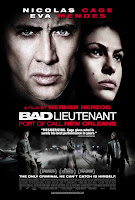
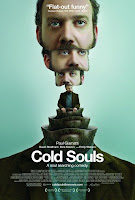




 Border Radio: 1987
Border Radio: 1987 